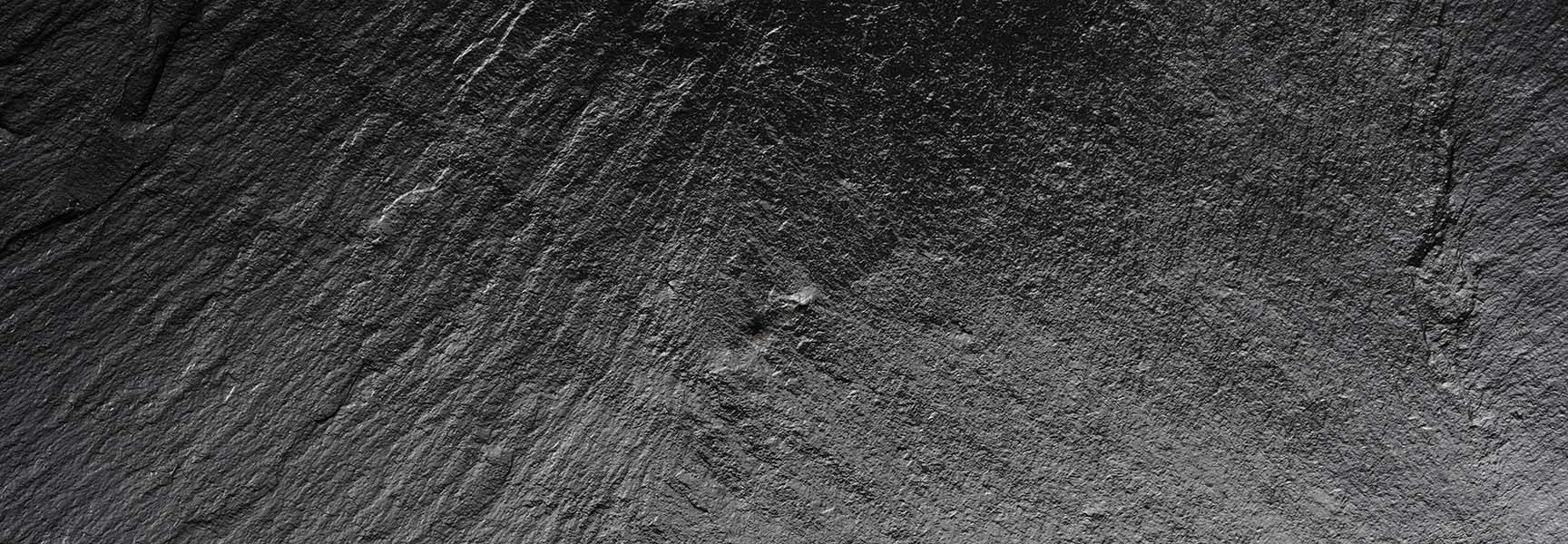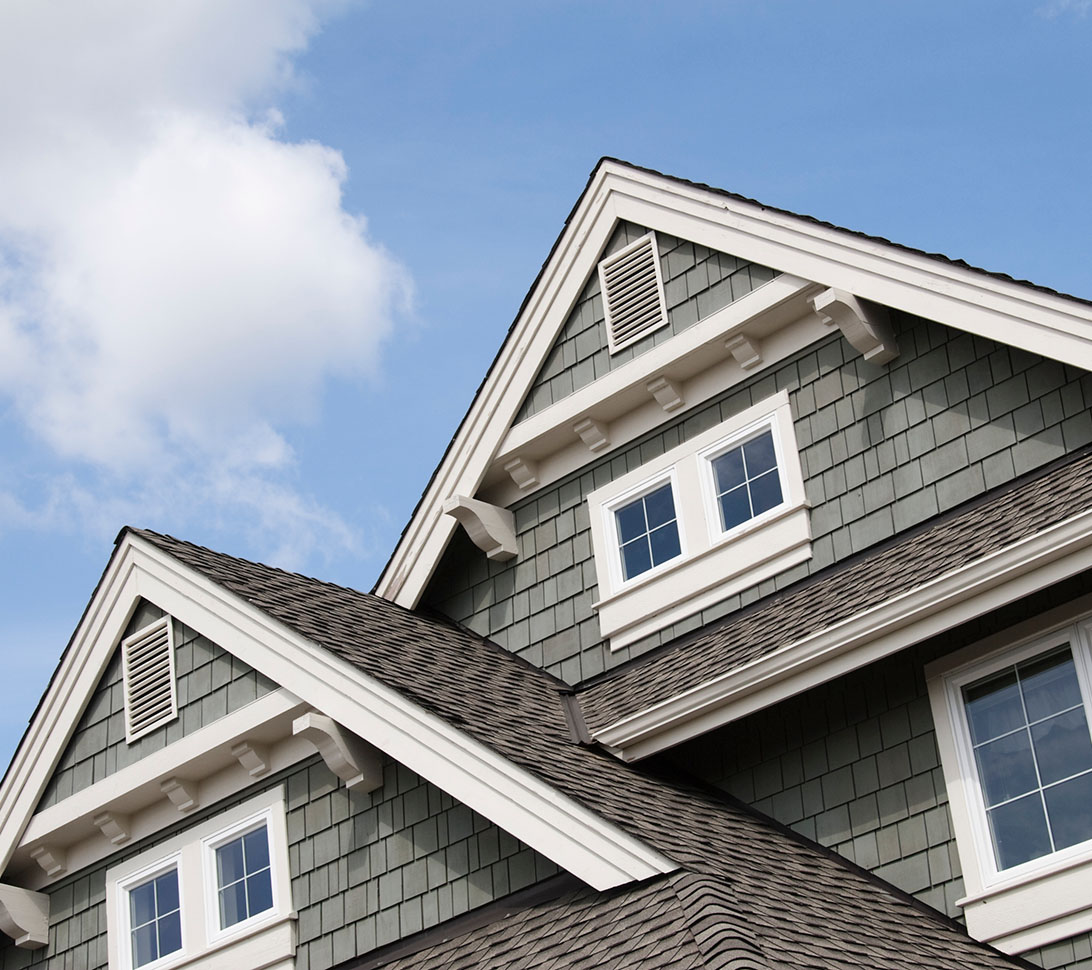
Compare rates for different types of home loans.
Today's Mortgage Rates
New home purchase
| Product | Rate | Annual percentage rate (based on creditworthiness) | |
|---|---|---|---|
| 30-year fixed mortgage | % | % | |
| 20-year fixed mortgage | % | % | |
| 15-year fixed mortgage | % | % | |
| 100% first-time-homebuyer | % | % | |
| 40-year first-time homebuyer with 15-year balloon | % | % | |
| Construction loan | % | % | |
| 30-year FHA | % | % | |
| 15-year FHA | % | % | |
| 30-year VA | % | % | |
| 15-year VA | % | % | |
| 30-year jumbo | % | % | |
| 20-year jumbo | % | % | |
| 15-year jumbo | % | % | |
| 30-year USDA | % | % |
First-time homebuyer & FHA
| Product | Rate | Annual percentage rate (based on creditworthiness) | |
|---|---|---|---|
| 100% first-time homebuyer | % | % | |
| 40-year first-time homebuyer with 15-year balloon | % | % | |
| 7/6 first-time homebuyer adjustable rate mortgage | % | % | |
| 30-year FHA | % | % | |
| 15-year FHA | % | % |
Refinance
| Product | Rate | Annual percentage rate (based on creditworthiness) | |
|---|---|---|---|
| 30-year fixed mortgage | % | % | |
| 20-year fixed mortgage | % | % | |
| 15-year fixed mortgage | % | % | |
| 15-year fixed mini mortgage | % | % | |
| 12-year fixed mini mortgage | % | % | |
| 10-year fixed mini mortgage | % | % |
Second mortgages
| Product | Rate | Annual percentage rate (based on creditworthiness) | |
|---|---|---|---|
| 30-year fixed second mortgage with 15-year balloon | % | % | |
| 20-year fixed second mortgage | % | % | |
| 15-year fixed second mortgage | % | % |
Construction & lot loans
| Product | Rate | Annual percentage rate (based on creditworthiness) | |
|---|---|---|---|
| Construction loan | % | % | |
| 10-year lot loan | % | % | |
| 20-year lot loan with 7-year balloon | % | % |
Adjustable rate mortgages
| Product | Rate | Annual percentage rate (based on creditworthiness) | |
|---|---|---|---|
| 5/6 adjustable rate mortgage | % | % | |
| 7/6 adjustable rate mortgage | % | % | |
| 10/6 adjustable rate mortgage | % | % | |
| 7/6 first-time homebuyer adjustable rate mortgage | % | % |
Home equity loans
| Product | Rate | Annual percentage rate (based on creditworthiness) | |
|---|---|---|---|
| Home equity line of credit | % | % Variable | |
| 15-year fixed home equity loan | % | % | |
| 12-year fixed home equity loan | % | % | |
| 10-year fixed home equity loan | % | % |
Need to calculate your payment?
Before you start house hunting, determine how much home you can afford by factoring in the purchase price, down payment and rate. Fortunately, our mortgage loan calculator makes this easy.
Need to refinance your home?
Get information on current mortgage refinance rates. Mountain America has competitive rates to help you refinance your home and make a change for the better.
Mortgage rates FAQs
How do mortgage rates work?
Mortgage rates are based on credit score, loan type, the length of your mortgage and other market factors. Lenders use this information to prequalify a buyer for a home purchase. Your mortgage rate is a large factor in how much you will pay for your home over time.
What is a mortgage rate lock?
A mortgage rate lock will freeze your interest rate, meaning the lender will lock in the mortgage rate while you shop for a home. You won’t have to worry about rates going up between making an offer and closing on your new home. Most lenders will offer a rate lock for 30 to 45 days. They might even extend the lock for a fee.
The downside to a lock is that if rates go down, you would have to restart the loan process to get the lower rate.
What factors determine my mortgage rate?
There are a few key factors that lenders consider when pricing out your mortgage rate. They look at your credit score, loan amount, loan type, overall term and current market conditions.
Your credit score tends to be a crucial factor. The higher your score, the less risk you pose to lenders, so you're more likely to qualify for a lower rate. Since your down payment impacts the overall loan amount, this also factors into your mortgage rate. A larger down payment generally shows a buyer's stability. Since the loan will be paid off more quickly, shorter-term loans (15 years) will have a lower interest rate compared to longer-term loans (30 years).
What is the minimum credit score to get a mortgage?
You don’t need perfect credit to qualify for a mortgage. A score of 620 or higher will likely qualify you with most lenders. However, buyers with excellent credit scores (740 or higher) will likely qualify for a better interest rate.
